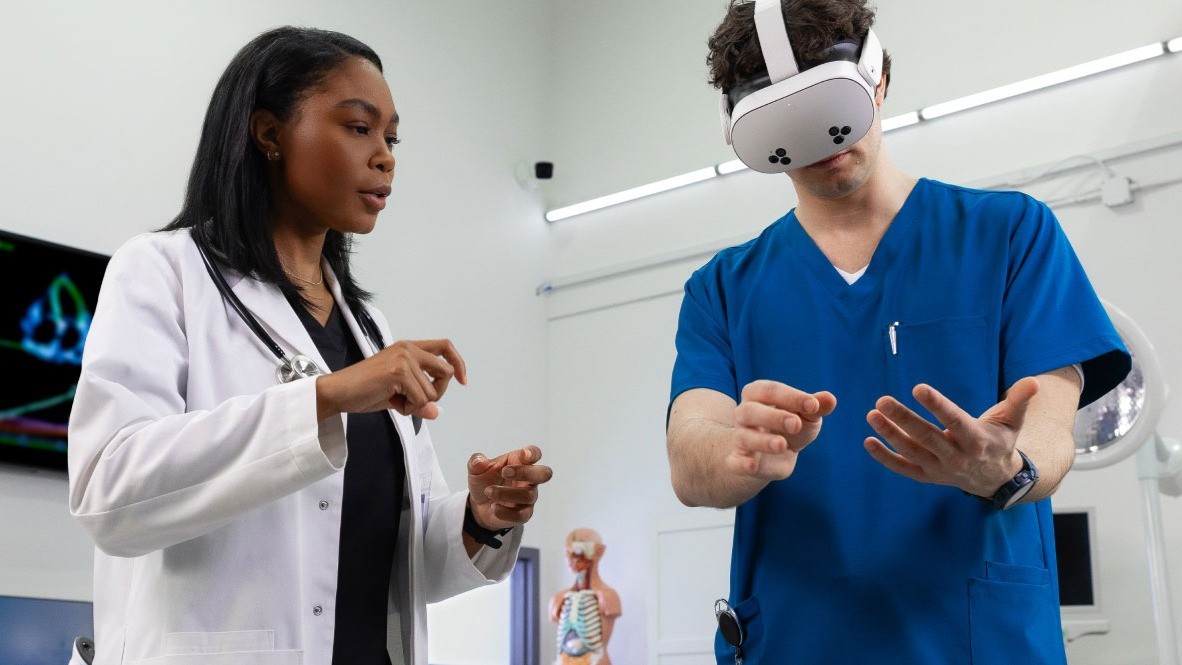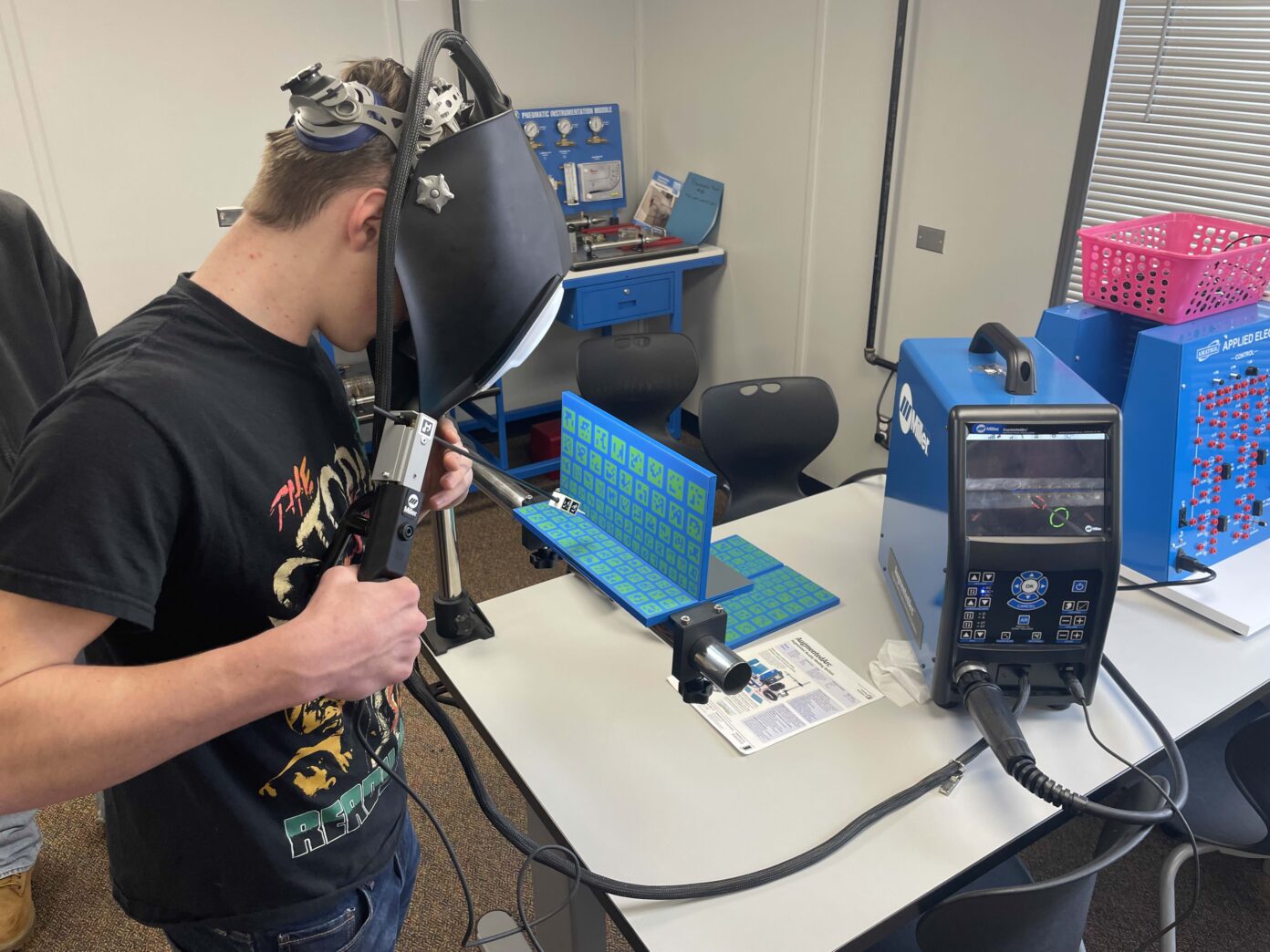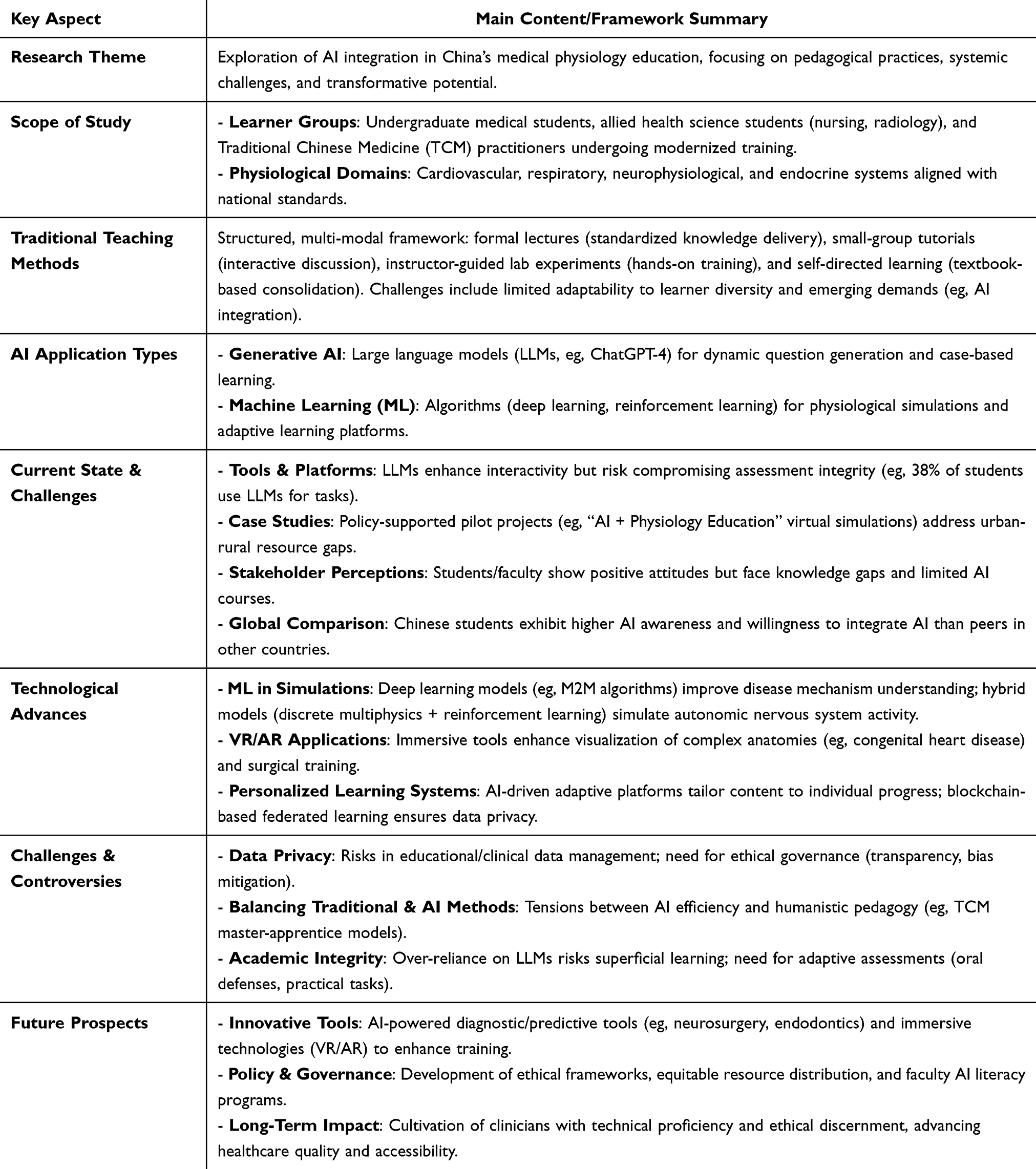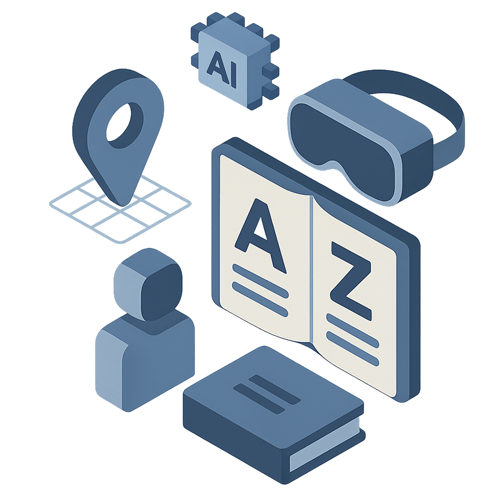North America is facing a significant healthcare worker shortage, emphasizing the need for efficient, effective training methods in healthcare education programs. Higher education institutions are leveraging Meta Quest headsets for education, training, and simulation in healthcare fields like nursing. According to research published in this recent yahoo article, XR simulations offer effective learning experiences, making them a valuable tool for healthcare education.
Current Healthcare Worker Shortage in North America:
The Bureau of Labor Statistics has projected that the US will face a shortage of 195,400 nurses by the year 2031, and that the number of openings for home health aides and personal health aides will increase 37 percent by 2028. This shortage of healthcare workers requires innovation in education and training to ensure a robust, well-prepared workforce. That is where XR-based training is helping bridge gaps in clinical education by providing scalable, immersive learning experiences.
Here are a few examples of Universities that are leveraging Meta Quest headsets to enhance their nursing program:
- Purdue Global: Purdue Global’s nursing program implemented virtual reality in their nursing program, highlighting its benefits in enhancing student engagement, retention, and preparedness for real-world clinical settings. Official Meta case study found here.
- Nightingale College: recently conducted research on the effectiveness of Meta headsets in nursing education, demonstrating the potential for XR to improve learning outcomes and better prepare students for clinical practice.
- Indiana University Fort Wayne: IU Fort Wayne’s nursing program utilizes virtual reality to provide students with a safe space to build confidence and skills. This immersive learning experience allows students to practice high-pressure scenarios without risking patient safety.
Key Benefits of Leveraging XR Simulation Software in Nursing Education
Software partners such as VR Patients, Oxford Medical Simulations, UbiSim and others, offer numerous benefits for nursing programs. These benefits include:
- Enhanced Clinical Preparedness: XR simulations allow students to practice high-pressure clinical scenarios, improving their decision-making skills and preparedness for real-world practice.
- Improved Patient Safety: Students can practice caring for virtual patients without risking actual patient safety, reducing errors and improving patient outcomes.
- Increased Confidence and Competence: Immersive XR experiences help students build confidence and competence in their clinical skills, leading to better performance in real-world settings.
- Personalized Learning: XR simulations can be tailored to individual student needs, allowing for a more personalized learning experience.
- Cost-Effective: XR training reduces the need for physical simulation labs and equipment, making it a cost-effective solution for nursing programs.
- Scalability: XR simulations can be easily scaled to accommodate large numbers of students, making it an efficient solution for nursing education.
- Standardized Training: XR simulations ensure that all students receive standardized training, reducing variability in clinical education.
- Data-Driven Insights: These ISV partners provide data analytics and insights, allowing educators to track student performance and identify areas for improvement.
Schools can integrate Meta Quest headsets and ISV software into clinical training for healthcare programs. By leveraging XR software, nursing programs can provide students with immersive, interactive learning experiences that enhance their clinical skills, confidence, and preparedness for real-world practice.

Key Benefits of Using Meta Quest Headsets in Nursing Programs:
- Effective Learning Outcomes: Research supports Meta headsets as effective learning tools. Meta Quest headsets enable immersive simulations of clinical scenarios in nursing education.
- Scalable and Cost-Effective Training: Meta Quest headsets provide a scalable solution for clinical training without requiring extensive physical simulation labs.
- Enhanced Engagement and Retention: XR simulations with Meta Quest headsets increase student engagement and retention of critical nursing skills.
- Flexible Learning Opportunities: Meta Quest headsets enable on-demand XR training, accommodating diverse student schedules and learning needs.
Meta Quest offers an effective and scalable platform for healthcare education programs to address training challenges amidst the healthcare worker shortage in North America, ultimately contributing to a better-prepared healthcare workforce.
Final Thoughts
The integration of immersive technology in nursing education is revolutionizing the way students learn and prepare for clinical practice. By leveraging Meta Quest headsets and XR software, nursing programs can provide students with immersive, interactive learning experiences that enhance their clinical skills, confidence, and preparedness for real-world practice.
As the healthcare industry continues to evolve, it’s essential for nursing education to stay ahead of the curve. By adopting XR technology, nursing programs can:
- Enhance clinical preparedness and patient safety
- Increase student engagement and confidence
- Provide personalized and standardized training
- Improve learning outcomes and scalability
By embracing XR technology, nursing education can better equip students for the demands of modern healthcare, ultimately leading to improved patient outcomes and a more competent workforce.

Quelle:






